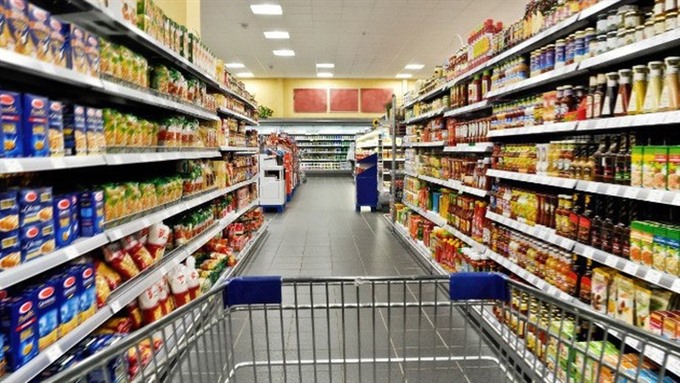Vietnamese customers’ rapidly changing needs and expectations and lower spending on fast moving consumer goods are the biggest challenges to FMCG producers, according to a new report released by consumer and retail research company Kantar Worldpanel.

Vietnamese customers’ rapidly changing needs and expectations and lower spending on fast moving consumer goods are the biggest challenges to FMCG producers, according to a new report released by consumer and retail research company Kantar Worldpanel.
The report said consumers are no longer focusing just on basic needs but moving to new aspirations, and so have a tendency to cut their spending on FMCG to spend on non-FMCG items such as real estate, equipment, vehicles, entertainment and technology.
Last year an average of 16 new FMCG products entered the Vietnamese market daily with one third of them being packaged foods.
But people are getting busier and go shopping for FMCG less often and buy fewer categories, which leads to a lower volume of in-home consumption.
The average frequency of trips per year has decreased sharply in both urban and rural areas.
Last year urban shoppers made an average of 152 shopping trips, down from 159 trips in 2015.
In rural areas, the figure was 132, down seven trips.
A report released by Nielsen Viet Nam, a global measurement and data analytics company, in May said FMCG sales through traditional channels experienced a 1.5 per cent drop in sales in the first quarter of this year.
The slowdown was seen across six super FMCG categories -- beverages including beer, milk base, food, household care products, personal care products, and cigarettes.
Only beverage and cigarette sales showed positive growth, albeit marginal growth.
The others all suffered a decline.
The slowdown in sales at traditional channels can also be explained by tougher competition from modern trade channels.
The Kantar report also found that people are switching from supermarkets, which is the main traditional trade channel, to online and mini-stores and convenient stores due to speed and convenience.
Online, from a very small base, is growing exponentially, especially in the health and beauty sector, by continuously adding new shoppers, it said.
According to the company, Viet Nam’s retail landscape promises a lot more changes in the near future. — VNS





